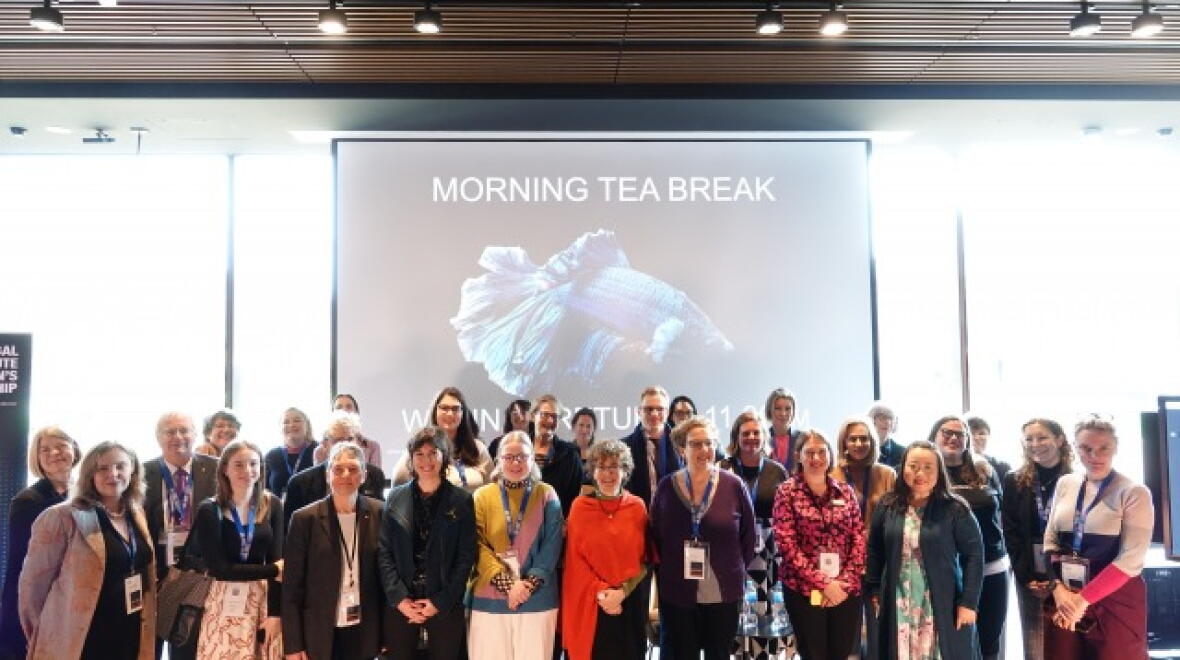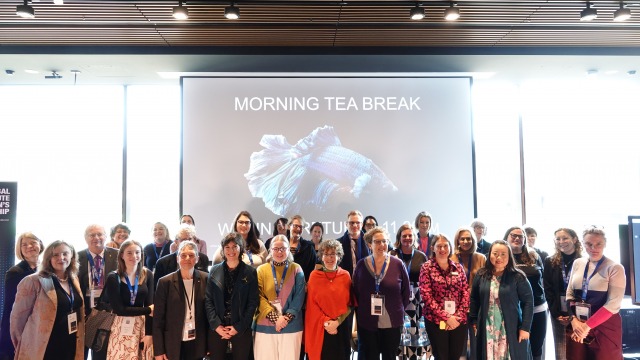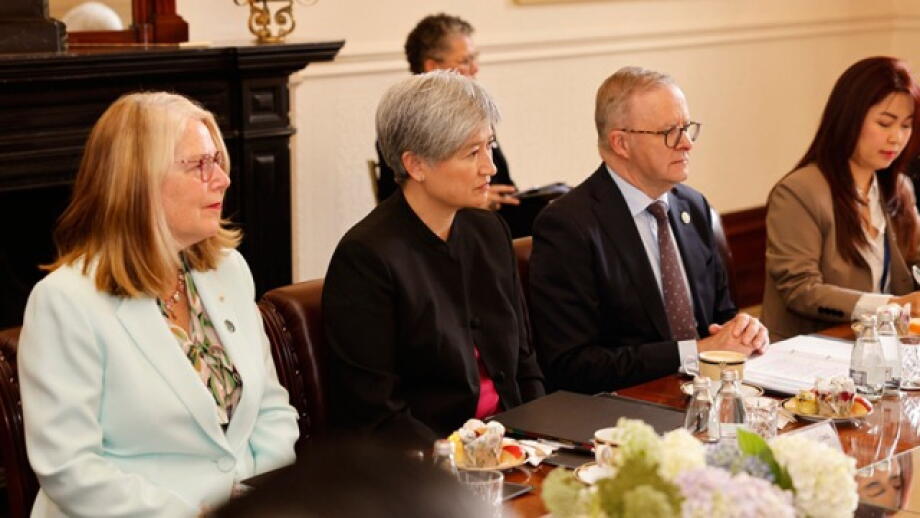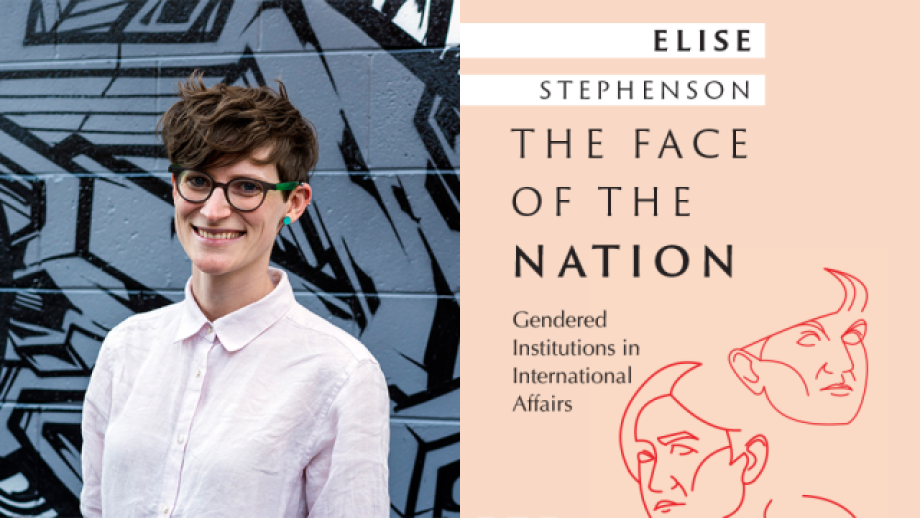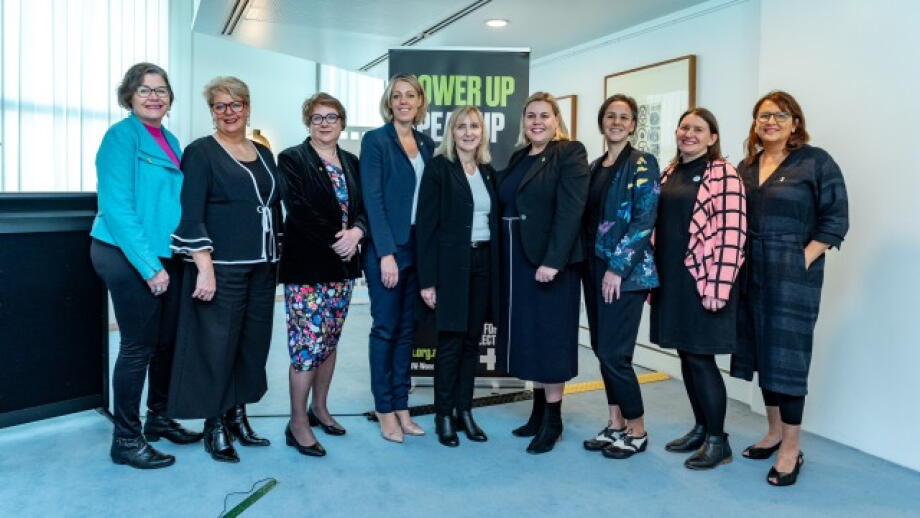Parliament as a gendered workplace: towards a new code of conduct
Posted on
On 15 and 16 July experts, politicians and staffers came together in person at the ANU and virtually across Australia and the world to come up with solutions on how to address revelations of sexual harassment, bullying and misogyny in Australia’s Parliament House.
A joint workshop on Parliament as a gendered workplace organised by the Global Institute for Women’s Leadership and the Australian Political Studies Association reflected on the latest research on gendered norms and practices in parliamentary institutions, looked at best practice internationally and considered how it could be applied or adapted for the Australian context.
Speakers including Kate Ellis, Elizabeth Lee, Larissa Waters, Helen Haines, Sharman Stone and Anne Aly were joined by political staffers and academic experts to look at how the experiences of those who have currently and previously worked in Parliament House could be combined with research on gender-sensitive parliaments across the world to make our Parliament House a safe workplace for everyone.
Across the two days there were remarkably similar proposals for what should be done across the political spectrum, with a code of conduct identified as one of our best opportunities to help stamp out sexual violence in Parliament House. A team of experts are now working to turn the insights and lessons gathered at the workshop into a model code of conduct and a submission to the Independent Inquiry into Commonwealth Parliamentary Workplaces being led by the Sex Discrimination Commissioner Kate Jenkins by the end of the month.
Recordings of the workshop and a range of resources and conference abstracts are now available through the event website, and the next issue of the Australasian Parliamentary Review will be a special issue flowing from the workshop.
You may also like
Fixing women or fixing the system?
Australia has made remarkable strides in gender equality in diplomacy, achieving near parity in its Department of Foreign Affairs and Trade.
The Face of the Nation: Gendered Institutions in International Affairs
International affairs is undergoing fundamental and rapid gendered change, spurred on by shifting social and governance norms and the adoption of explicit feminist foreign policies in some states.
A $5 million push to boost gender equality and diversity in Australian politics
We're pleased to announce our new project to boost representation and gender diversity in Australian politics.
